
Recommendation
Intended to fuel domestic investment in the aftermath of the 2008 financial crisis, China’s corporate credit boom has instead led firms to lackluster performance and poor-quality investments. According to this incisive report from IMF experts, China’s policy makers and bankers must execute a disciplined growth strategy that, in the longer term, will benefit the Chinese economy. That includes creating frameworks for deciding which troubled companies to rescue and which to abandon, along with overhauling capital markets to promote more efficient investment. getAbstract recommends this rigorous analysis to economists, policy makers, financial executives and China watchers.
Summary
About the Authors
Wojciech Maliszewski et al. are economists and analysts at the International Monetary Fund.










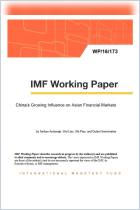
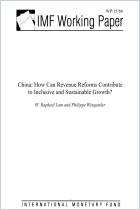
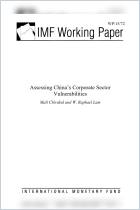
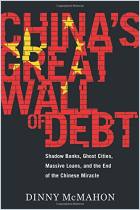
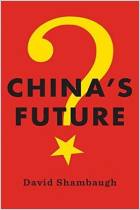
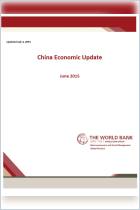
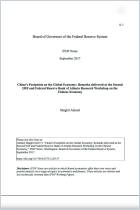








Comment on this summary or 开始讨论